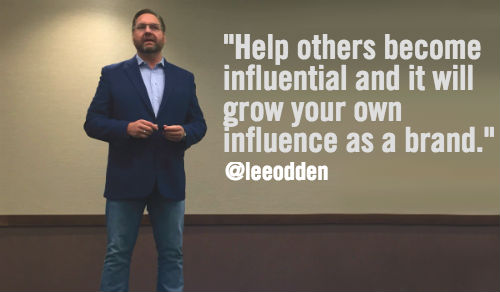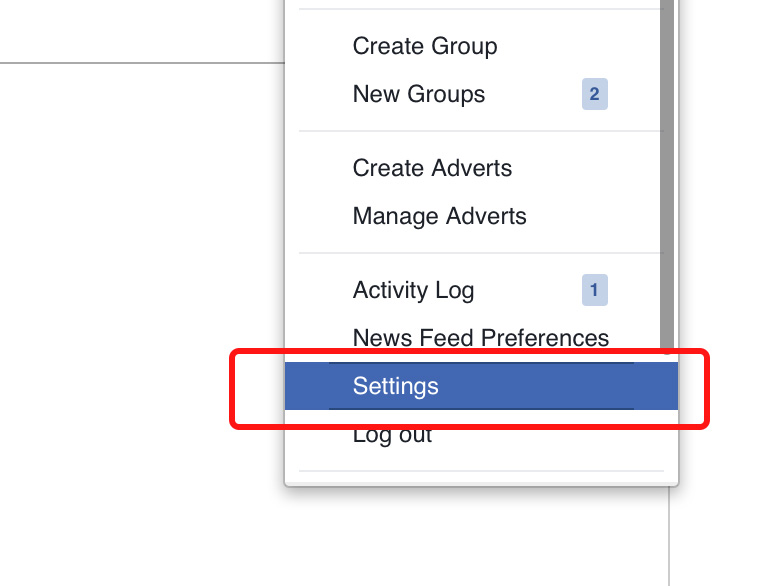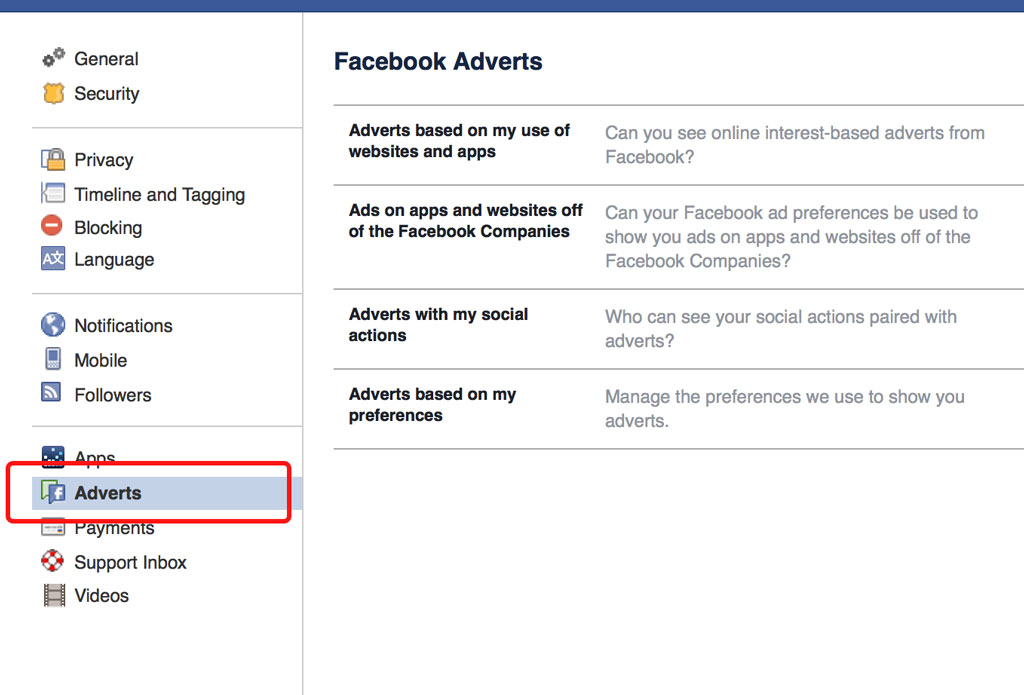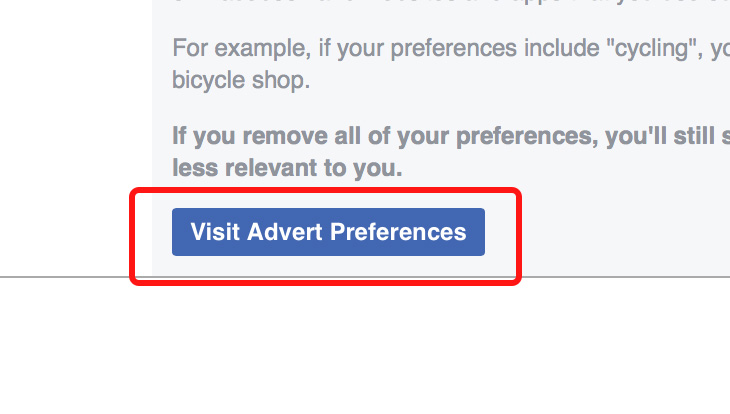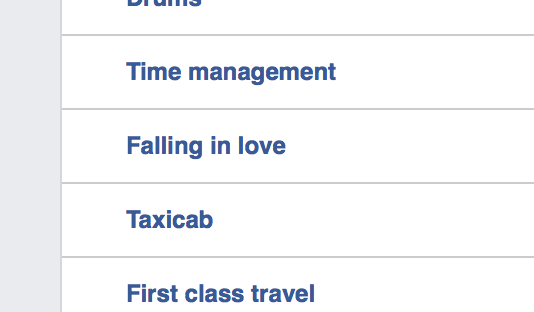The amount of businesspeople who think that ‘I worked hard and I made it’ means ‘you will make it if you work hard too’ is astounding.
You see it all the time in articles, blogs, and interviews – wealthy businesspeople claiming that the reason they have so much money is their work ethic, whilst ignoring the role that natural talent, opportunity, and blind luck inevitably played in their success. A millionaire telling you to work as hard as they did in order to become successful is like a lottery winner telling you to buy as many tickets as they did in order to win the Powerball. You have to buy tickets to be in with a shot, but it’s nowhere near being a guarantee.
You might have heard of the 10,000-hour rule. It was made famous by Malcolm Gladwell in his book, Outliers, and claims that it takes roughly 10,000 hours of practice to achieve mastery in a field. Gladwell uses examples such as Bill Gates and the Beatles to argue that what sets the elite apart from the rest of the world is the amount of time and effort they put into practice. He claims that in order to become an expert, 10,000 hours is the magic number to aim for.
I do not believe that putting 10,000 hours of practice into something will make you an expert in it, and I don’t believe that what sets Bill Gates or the Beatles apart from the rest of the world is their work ethic. There are plenty of people who work hard in the world; very few have them have the talent or opportunity to succeed at the level Gladwell describes.
Successful people become successful because they work hard. Sure. But also because they are extremely talented at what they do, they are fortunate in the opportunities they are presented with, and they are intelligent in the decisions they make. Put it this way, there are thousands of people who work just as hard as Bill Gates, the reason they don’t run multi-billion dollar companies is because that doesn’t match their their skillset. Equally, there are people who practice the guitar just as much as John Lennon or Paul McCartney but they don’t get record deals or sell out stadiums because they don’t have the talent or opportunity to do so.
Interestingly, Malcolm Gladwell acknowledged this point recently when asked about his 10,000 hours concept. On a Reddit AMA he wrote, “Practice isn’t a SUFFICIENT condition for success. I could play chess for 100 years and I’ll never be a grandmaster. The point is simply that natural ability requires a huge investment of time in order to be made manifest. Unfortunately, sometimes complex ideas get oversimplified in translation.”
The bottom line, then, is that the market doesn’t care about hard work, it cares about results. In 2009, Netflix released a 124 slide ‘culture deck’ outlining what their values are and what they expect from their employees. Slide 34 was entitled ‘Hard Work – Not Relevant’ and emphasized that the company doesn’t care about how many hours people work or how much they are in the office, and that they only care about the work that people accomplish. According to the slide, ‘Sustained B-level performance, despite “A for effort”, generates a generous severance package, with respect’. The ‘culture deck’ was described by one commentator as ‘the most important document to come out of Silicon Valley’ as it sidestepped tired clichés and got to the heart of what employers actually expect out of their employees: Results.
What does all this mean, then, for someone who is working every-waking hour and still failing to achieve?
Firstly, it means Recognizing that your hard work doesn’t count for anything. The market doesn’t care about how hard you work, it cares about the results you get. Assuming that you are owed recognition for your effort is a sure-fire way to lose. Secondly, it means reconsidering what you are working towards. It is crazy to me that ‘creating the next Facebook’ or ‘becoming a millionaire’ has become the benchmark of business ‘success’. You wouldn’t start going to the driving range with the expectation of becoming as good as Tiger Woods, so why is being the next Mark Zuckerberg seen to be such a realistic target. Of course it is good to be ambitious, but maybe it’s time to start defining success based on yourself, and not compared to others with entirely different abilities/opportunities. Finally, it means spending less time focusing on things you are not good at, and more time focusing on things you are. If you are running a business you have the luxury at surrounding yourself with people that can make up for your weaknesses; your hard work will get many more results when you play to your strengths.
This article is not meant to be pessimistic, it’s not meant to stop people from pursuing their ambitions, it is simply an attempt to reframe the discussion surrounding success. The majority of businesses fail within their first 5 years – I guarantee that for the vast majority of these failures, hard work was not the issue. People spend every waking hour and every penny in their savings trying to save their businesses but still fail, and millionaires band around clichés like ‘the harder I work the luckier I get’ – give me a break.
Hard work is vital if you want to be successful, clearly it is, but it is no guarantee. The unfortunate truth is that you can work as hard as you physically can, but without a certain amount of natural talent and luck, there’s a good chance you’ll still fail.
